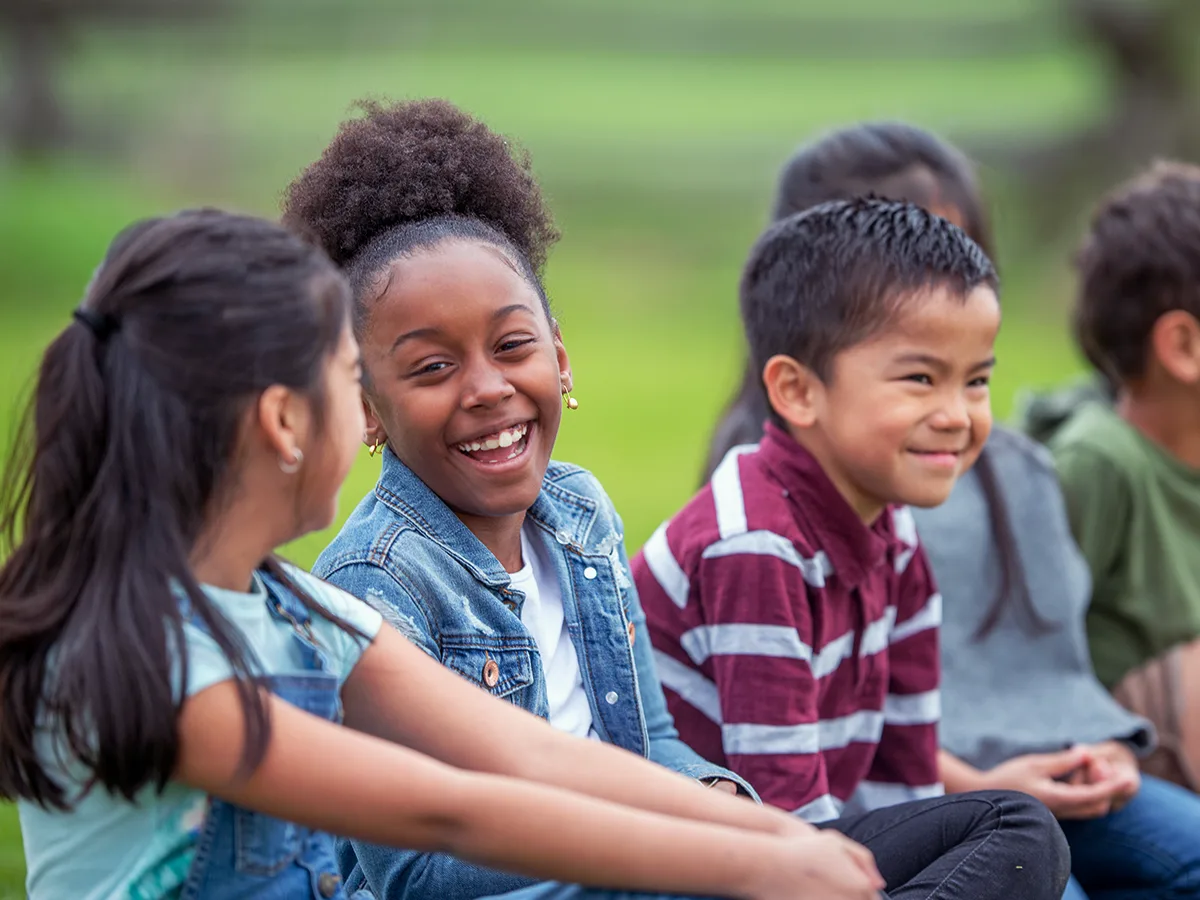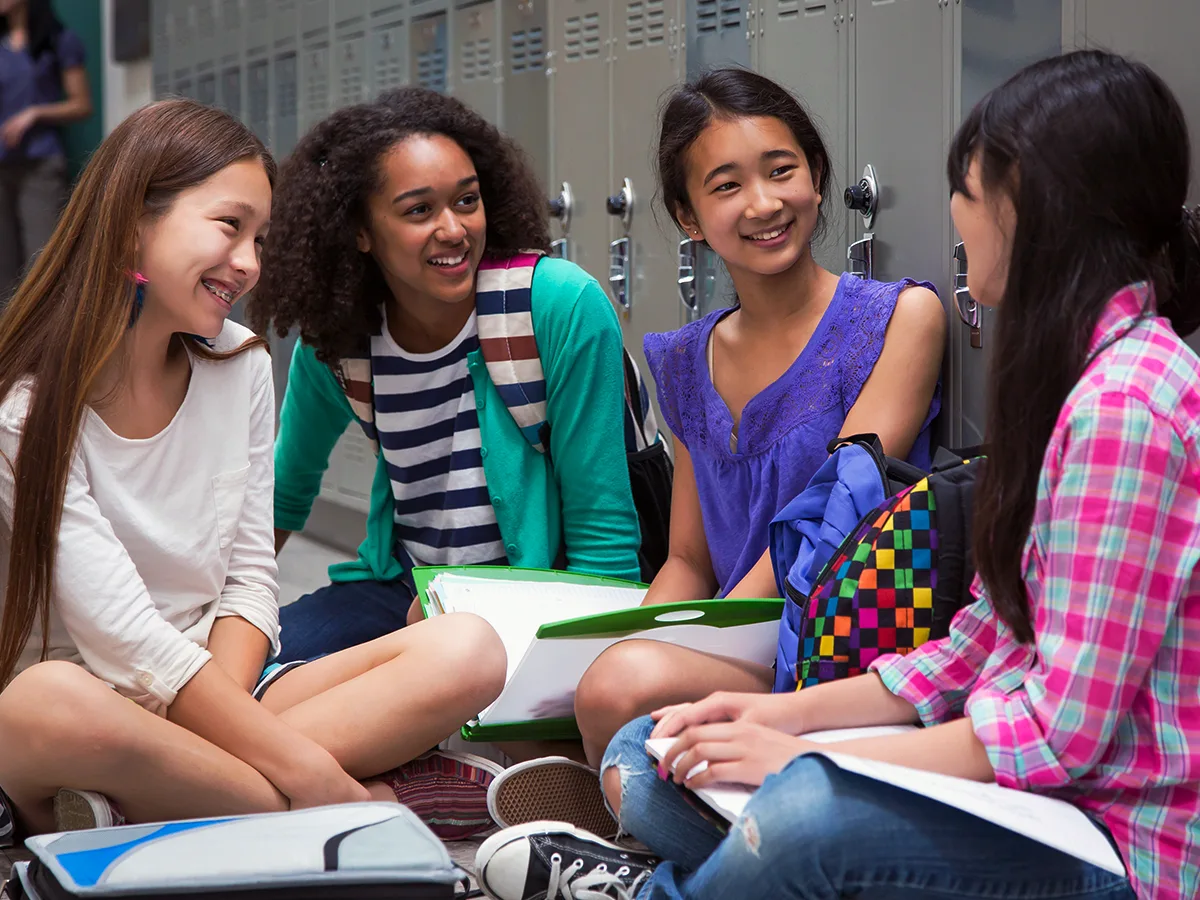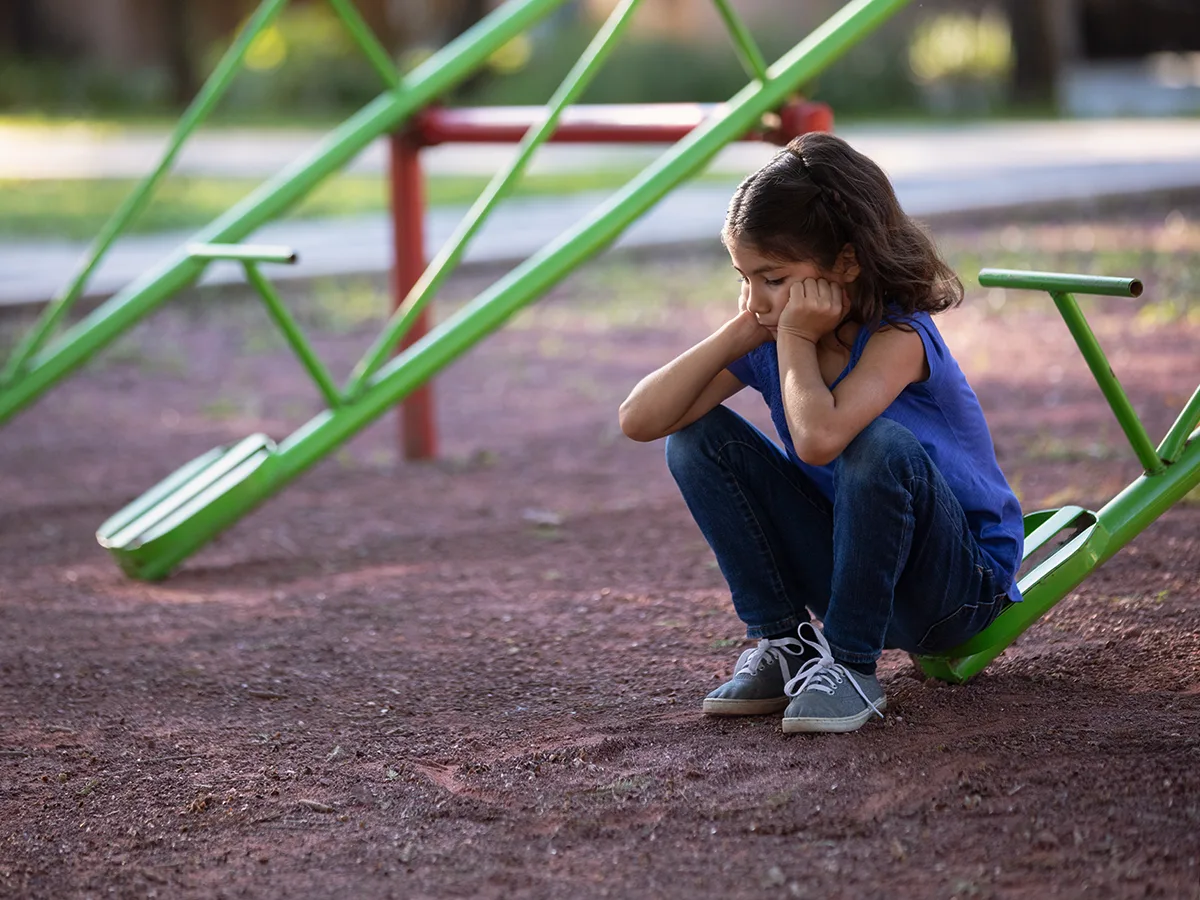7 ways to help your students make friends
Positive relationships help students feel a sense of belonging at school. But some students have trouble making friends. They may misinterpret social cues — or miss them altogether.
Here are seven ways you can help your students build relationships with each other.
1. Get to know your students.
When you know your students and their interests, you’ll be better able to make connections between students.
Try using student and family questionnaires to learn more about your students’ strengths, interests, and challenges.
2. Create a strong classroom culture.
You likely set up rules early in the school year for how the classroom should function and how students should treat each other. That’s an important part of building a classroom culture.
Setting protocols for when things don’t go as planned for the group or between individuals is just as important. It will provide a common language for students to hold one another accountable and support each other.
3. Pair students strategically.
Use partner and group work as a chance to help foster friendships. Try pairing students who have similar interests (rather than pairing them by academic skills).
You can also make study groups and buddy systems for activities. When you pair up students, think about how they can both use their strengths and support each other’s challenges.
Learn about how to use flexible grouping in the classroom.
4. Give students responsibilities.
When students have leadership roles in the classroom, they get more chances to interact with their classmates. It also shows that you trust students with important responsibilities.
Try having students help with tasks beyond passing out materials, like setting up an activity or leading a lesson.
5. Use sharing activities.
Give students opportunities to talk about their interests and opinions during lessons. For example, “Turn and tell your neighbor whether you’d like to be friends with the main character of this book — and why.”
Read how one teacher uses a daily warm-up question to strengthen student relationships.
6. Find out about social skills groups.
Many school counselors are trained in social skills. They may lead “lunch bunches” or other lunchtime chats with a small group of students. The sessions can help students practice responding when they are feeling isolated during an activity or being bullied.
Learn more about social skills groups. If you have a school counselor, talk with them to find out if these groups exist at your school.
7. Praise the positive.
Effective praise can encourage positive behaviors that help students thrive socially. Plus, when you establish that meaningful praise is a social norm in your class, you can teach students how to appreciate and praise each other.
Learn more about how to use praise effectively.
Looking to learn more about supporting your students’ social skills?
Read about what causes trouble with social skills and how to help.
Learn why some kids have trouble making friends.
Understand the possible connections between dyslexia and social skills.





